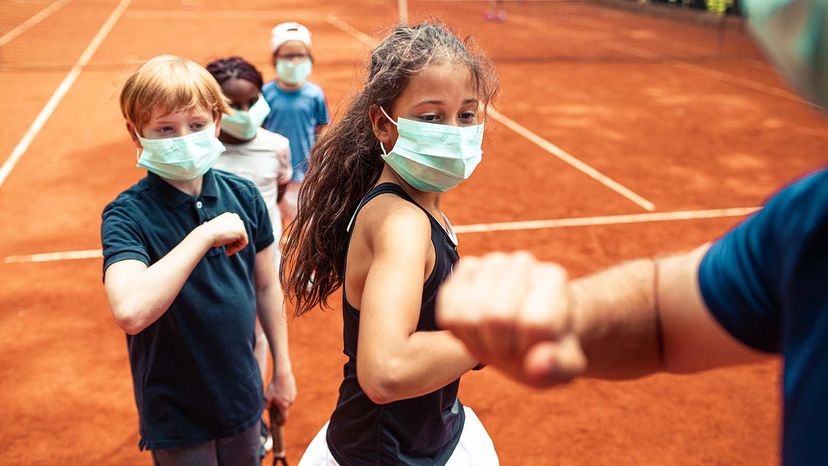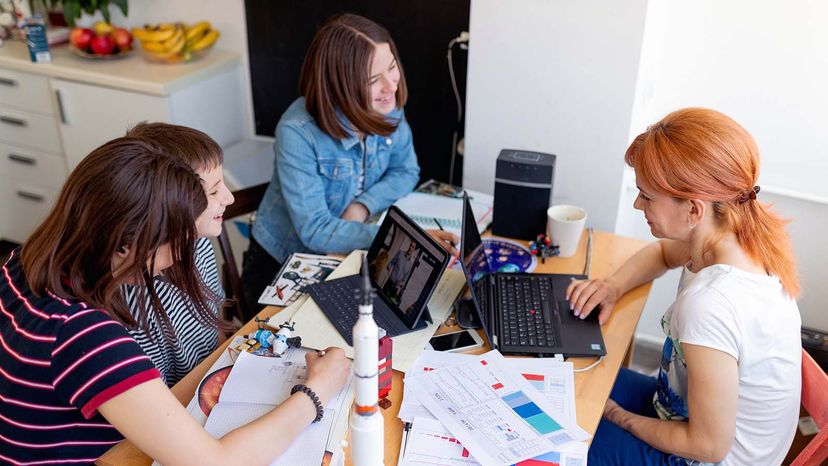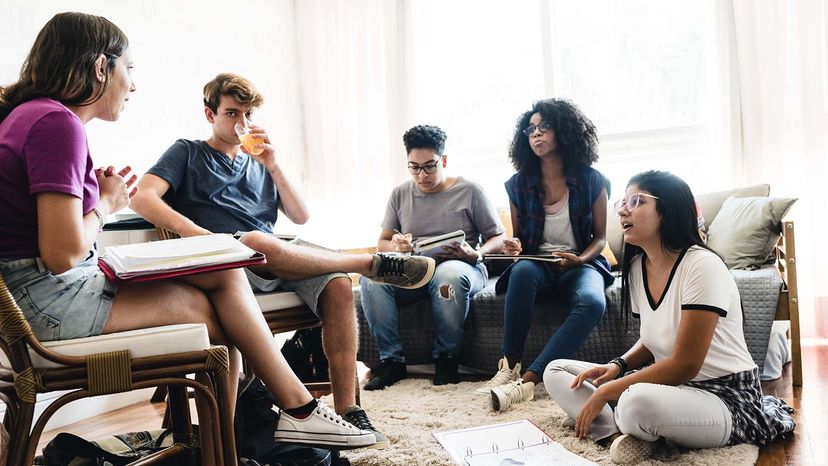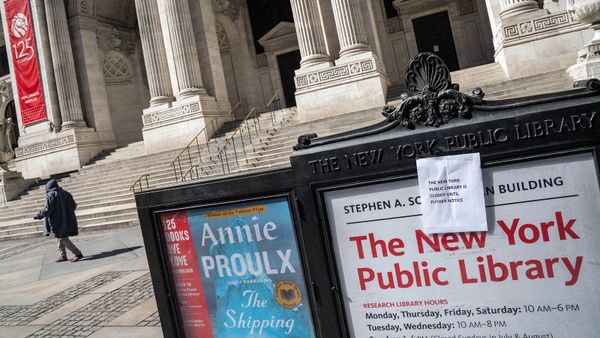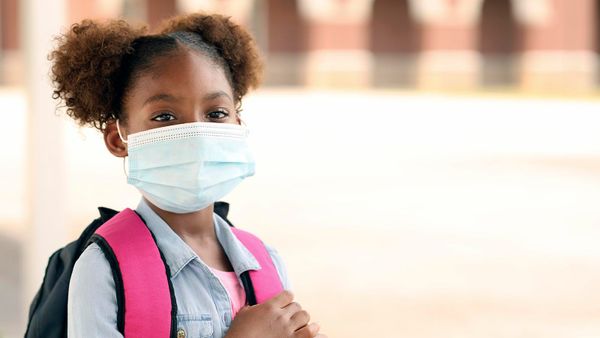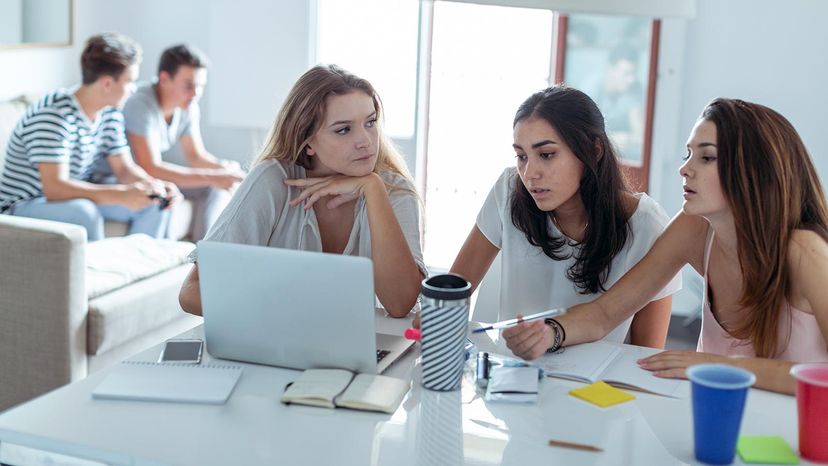
When school systems across the United States moved to remote learning during spring 2020, many students, parents and teachers struggled with the experience. Schools offered various types of online learning, but even in the best-case scenarios, students lost out on important learning experiences and socialization opportunities. And parents have continued to juggle child care and work duties throughout the summer months.
With cases of coronavirus surging across many states, fear of students returning to the classroom has many school districts returning to virtual classrooms in the fall, including the Los Angeles Unified School District, the second largest in the U.S. And that has many parents worrying of the chaos of spring repeating — and turning to the concept of "learning pods" as alternatives for help with teaching and maintaining some sort of social contact for their kids.
Advertisement
But what is a learning pod and could your child benefit from being part of one? Facebook abounds with groups like Pandemic Pods, which started in San Francisco and has nearly 30,000 members, and Georgia-based Cobb County Small Learning Groups with 4,300 members. For families with the ability to set up or join a learning pod, the impact of the COVID-19 pandemic on their children's academic success and life skills may be reduced. But those families without the means could see the the gap in education only widen further.
